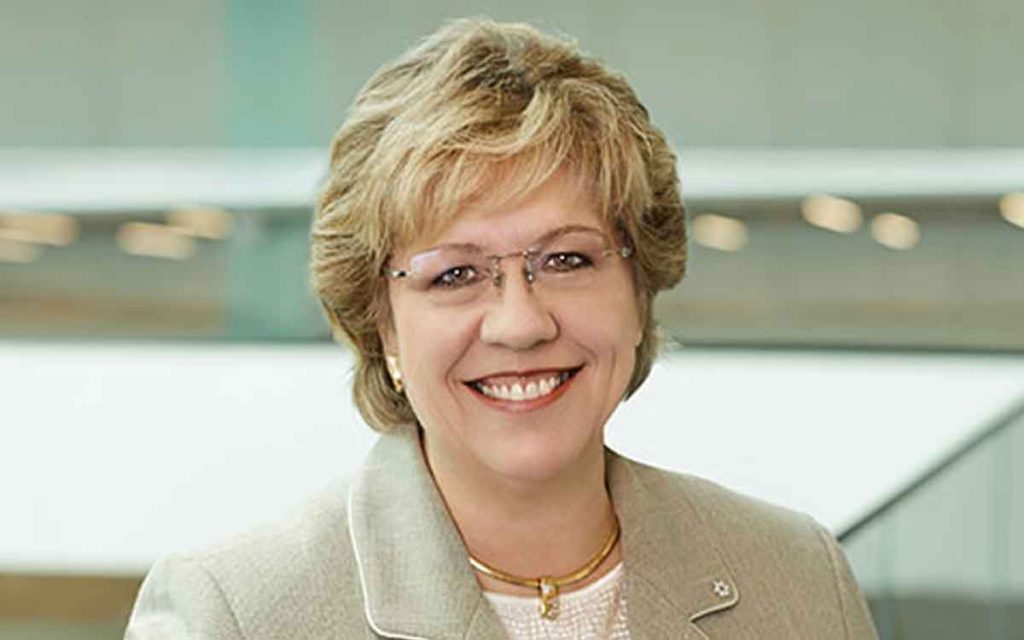
Former Minister of Finance and The Niagara Independent contributor, Janet Ecker gives readers a look at the makings of a provincial budget.
The most critical date in the life of any government is the day they unveil their first budget. This is where reality strikes — what did we really mean by this campaign promise or that? What takes priority? How can we afford it all?
For voters, it’s the first real chance to assess a new government. Seeing where the government puts taxpayers’ money shows what the government’s real priorities are. Its choices offer important insights into how the government makes those decisions and how transparent it is about it.
For example, is it clear what is being spent on which program or are details buried deep in the budget papers and appendices?
What’s needed is a critical balancing act between internal and external politics, between what the government can afford this year versus four years from now, between what was promised and what can be realistically delivered.
How does a smart Finance Minister manage all this?
First, he or she needs a strong, trusting relationship with the Premier. Premiers (and Prime Ministers) often have set views on what they want in the budget and they may not align with those of the Finance Minister.
Also, the Finance Minister needs the Premier’s backing when tough decisions are needed to say no to someone’s pet project or a major stakeholder. Even a government that doesn’t care about sustainable spending (hello Ottawa), can’t afford to do everything it wants.
A critical decision for this government is how fast to balance the budget, as promised. Ontario Premier Doug Ford has expressed a preference for a short time frame while Finance Minister Vic Fedeli is fond of saying he will take the “Goldilocks approach,” not too fast or not too slow. Both approaches pose risks. Too fast and critical programs can be damaged, too slow and the next economic slowdown hits.
Secondly, what does caucus say? They should be a critical part of the government’s communications plan. They are a valuable source for what voters in their riding are really saying or expecting. And it is always good internal politics to grant a few riding specific “goodies” in response to an MPP’s request.
Thirdly, where do business leaders and economists say the economy is headed? Budgets should support economic growth, boosting the private sector’s ability to create more jobs. That’s the best way to increase the government revenues needed to sustain strong public services like health care and transportation infrastructure, both critical priorities for Premier Ford’s administration.
What do other critical stakeholders expect? Education, health and municipal leaders all provide critical services that voters depend on and that sustain economic growth and a good quality of life. And that takes money.
A critical issue here will be employee compensation. Public sector unions are likely to aggressively demand far more than can be accommodated.
And finally, what does the Finance Minister want to accomplish? Even in this day of governments centralizing power in the Premier’s or Prime Minister’s Office, the Finance Minister is still the second most important person in the administration. What will his or her legacy be during their time in this role?
So when Minister Fedeli stands up April 11 to deliver the first budget of the new PC government, expectations will be high. A lot rides on this document as it will set the stage for the government’s electoral future, three years from now.
Sorting through all the various wants versus needs will require in-depth consultation, expert knowledge and clear objectives to identify political landmines and achieve the right balance.
Good luck Minister Fedeli.

Janet Ecker is a former Ontario Finance Minister, Minister of Education, Minister of Community and Social Services and Government House Leader in the governments of Premier Mike Harris and Premier Ernie Eves. After her political career, she served as the founding CEO of the Toronto Financial Services Alliance, a public-private partnership dedicated to building Toronto region into an international financial centre. She currently sits on a number of corporate and non-profit boards, agencies and advisory committees.
Ms. Ecker received the Order of Canada for her public service contributions and was recognized as one of the “Most Influential People in the World’s Financial Centres” by Financial Centres International. She also received a “Canada’s Most Powerful Women: Top 100 Award” from the Women’s Executive Network and the Richard Ivey School of Business, among other awards. She is also one of the founders of Equal Voice, a national, multi-partisan organization working to elect more women.




















